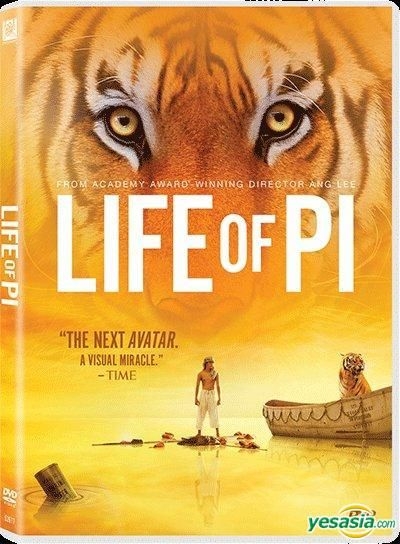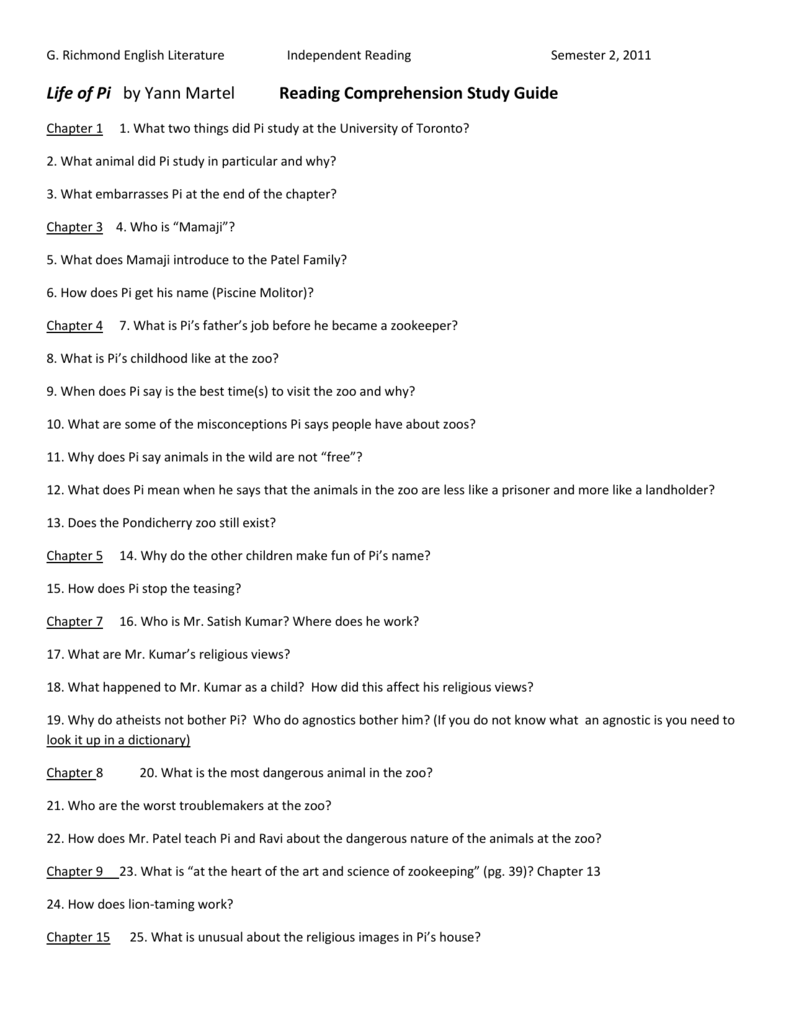

The book is written by a member of that class of people who are my least favourite a religious person who cannot conceive of someone not being religious. I was a little annoyed when I found out that the person the book is dedicated to had also written a story about a man in a boat with a wild cat and had considered suing for plagiarism. Apparently, when Yann Martel wrote this he was feeling a bit down and this was his way of plucking himself up. I’m going to have to assume you have read this book, as if I don’t I won’t be able to say anything about it at all. So, being told a book is a winner of the Booker tends to be a mark against it from the start, unfortunately. The only Carey I haven’t liked won the Booker ( Oscar and Lucinda), I really didn’t like the little bit of Vernon God Little I read and I never finished The Sea despite really liking Banville’s writing. I tend to avoid the winners of the Man / Booker – they make me a little depressed.

I’m going to have to assume you have read this book, as if I I found a lot of this book incredibly tedious. Certain illusions about freedom plague them both.I found a lot of this book incredibly tedious. Close them all down if you want (and let us hope that what wildlife remains can survive in what is left of the natural world.) I know zoos are no longer in people’s good graces. Pi’s final assessment on zoos is practical, and links them to the most important aspects of his life: They find contentment with the most basic of needs met. Animals, according to Pi, are not as discerning as humans. What human being, reading Life of Pi by their fireplace, coco in hand and a fully stocked fridge well within the bounds of their territory, would say that given a choice, they would return to their “natural state” at the drop of a hat, abandon convenience and comfort for a life of constant self preservation through foraging, hunting, and hewing a crude shelter with their own two hands? Few among us can tolerate camping for an unnatural length of time. Humans chose confined freedom a long time ago. Man and beast alike are confined by something, be it artificial walls for protection, or by fear and territory in a natural social order.
#THE LIFE OF PI FREE FREE#
We may balk at the idea that the only options for a living thing are confined freedom or free confinement, but a free freedom simply does not exist in nature or elsewhere. They no longer worry about predators, starving to death, or territory disputes. If an animal has a secure and fully furnished territory, then it enjoys a confined freedom. Pi further states that if an animal is given everything it needs in a captive environment, a place of rest, a look out, food, a place to groom, for example, then this animal will not be nervous and displaced but instead behave like a land owner. What is the meaning of freedom in such context?” To Pi, surviving in the wild is not an ennobling experience. He says, “Animals in the wild lead lives of compulsion and necessity within an unforgiving social hierarchy in an environment where the supply of fear is high and the supply of food is low and where territory must constantly be defended and parasites forever endured. They see the life of a wild animal as noble and meaningful, and that man steals this noble happiness by throwing animals into tiny jails and taking away their “freedom.” Pi calls this view of the wild complete nonsense. He states that “Well meaning but misinformed people think animals in the wild are ‘happy’ because they are ‘free.’” These are people who imagine a majestic predator roaming freely to digest prey that “accepted its lot piously.” These are people who imagine an animal proudly overseeing offspring, watching the setting sun with pleasure.

That said, Pi approaches the issue from an experienced and rational perspective. He has nothing but fond and positive memories about the zoo in Pondicherry. It is in this subtle turn of phrase that the zoo controversy is breached.īeing raised at a zoo, Pi naturally has strong, arguably biased opinions on the topic. It is at the very end of the novel that Pi juxtaposes “confined freedom” and “free confinement,” a reference to the two states of life Richard Parker will endure, the confined freedom his life in a zoo, the free confinement his life in the Mexican jungle.


 0 kommentar(er)
0 kommentar(er)
